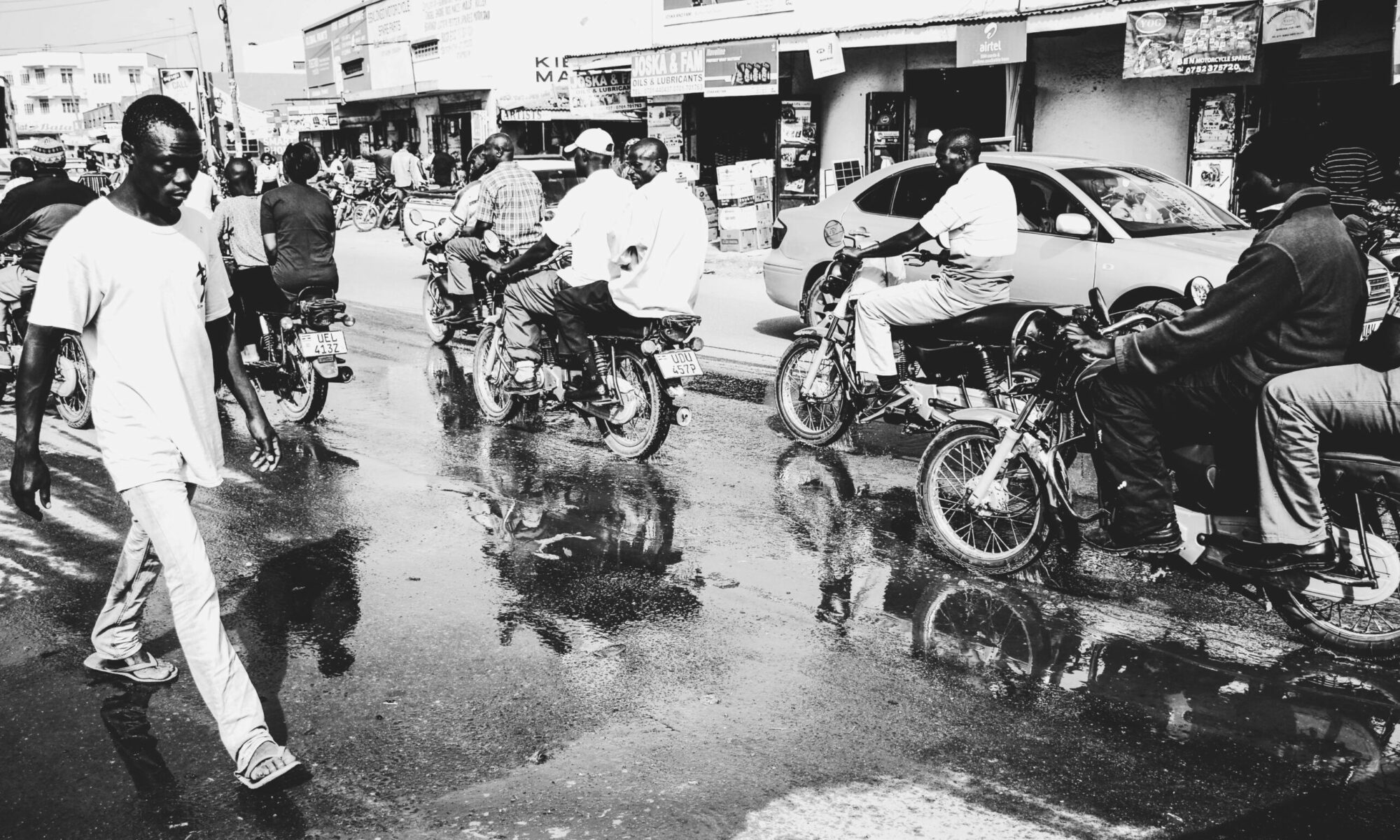Work-related rights have always been the subject of conflict and remain under threat globally. The rise of a gig economy, continued de-industrialisation, and global offshoring of manufacturing mean that basic entitlements to workers are becoming increasingly uncertain in many economies. The minimum wage, the ‘right to switch off’, and the status of part-time work are all but a few examples of how socio-economic rights, and particularly those relating to work, are at the forefront of recent political discussion. Meanwhile, around the world, the rights of workers – including the young and infirm – are often piecemeal or ignored on the ground, even if they exist on paper.
Project
Our project, Global Socio-Economic Rights, Local Contexts (GLOSOC), investigates how work-related rights – including the right not to work, to earn one’s own money, and to maintain certain ‘living standards’ – have been understood, expressed, and contested in different settings and over time. By charting the development of various discourses about work-related rights from the late nineteenth century to the present, GLOSOC provides historically-informed insights into the changes affecting socio-economic rights in the current global market economy.
Funding
Funded by the Arts and Humanities Research Council, this three-year project (2024-2027) we examine four connected case studies against an international backdrop: the UK, Germany, Kenya, and Tanzania. We chart ideas about socio-economic rights from the late nineteenth century to the present, and give particular attention to the period between 1945 and 1973. This was the heyday of the welfare state, decolonisation, and state-led modernisation.
Research
Our research will allow us to show the ideas behind contemporary social legislation. We will not only cast a spotlight on the core policy documents, but we will also reveal the voices of individuals on the ground that were crucial for creating understandings of social rights about work. We are avowedly transnational, and seek to understand how relationships between individuals as well as and international connections between organisations and countries have played crucial roles in diffusing ideas about social rights around the globe. We show that the halls of the International Labour Organisation in Geneva have as much place in this story as the Rhineland factory floor or Kenyan shamba (farm). We are particularly interested in how conversations around these rights affected women, ethnic and religious minorities, children, and the elderly, and how individuals in these (and other groups) themselves responded to discussions about rights related to work (including the right not to work, for example, because of illness, infirmity, old age, maternity and caring responsibilities).
Follow Us
You can follow our work on this website. We will develop a substantial virtual exhibition of the voices, documents, and artefacts which tell the story of modern working and socio-economic rights. Exciting work with schools, policymakers, and charities is planned in collaboration with our partners in Europe and East Africa. Please check our blog for updates and fascinating research findings.
